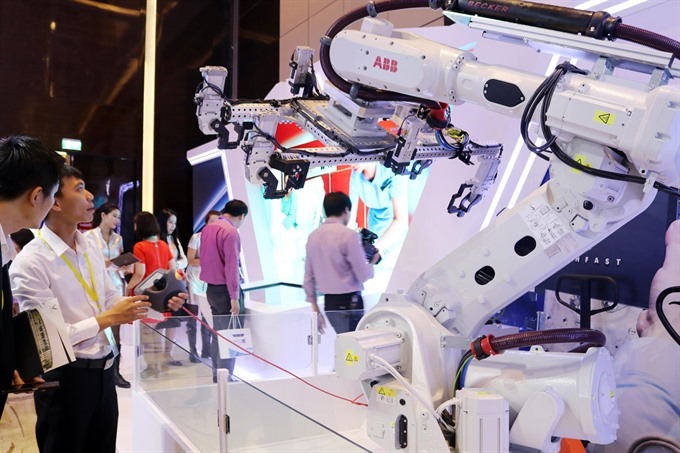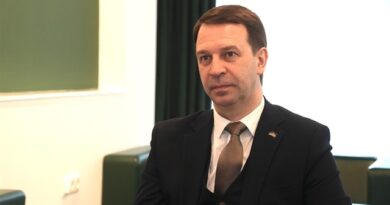UK Scientists Praise Vietnam’s Commitment to Science and Technology
UK-based scientists have lauded Vietnam’s Resolution 57, emphasizing its crucial role in fostering national development through science and technology investment.

Resolution 57-NQ/TW, issued by the Politburo on December 22, 2024, focuses on advancing science, technology, innovation, and national digital transformation. The resolution has garnered significant attention from the scientific community in the UK.
At the recent Workshop on Quantum and Digital Twin Technologies for 5G/6G held at Middlesex University in London, Vietnamese and British scientists shared their positive assessments of Vietnam’s science and technology strategy with Vietnam News Agency correspondents.
Experts at the event agreed that prioritizing investment in science and technology is a strategic move that will drive Vietnam’s breakthrough development. Dr. To Duc, Principal System Architect at Rakuten Symphony UK, highlighted that the resolution demonstrates the Party and State’s long-term vision for scientific and digital transformation. He described it as a strategic document that will play a pivotal role in shaping Vietnam’s development in the coming decades.
Dr. Duc also noted that the resolution marks a significant breakthrough, as it commits to attracting and efficiently utilizing investment resources for scientific innovation and digital transformation. Importantly, it establishes specific objectives and action plans for technological advancement.
Professor Balbir Barn, Academic Dean for the Faculty of Science and Technology at Middlesex University, affirmed that Vietnam is well-positioned to take a leadership role in technological and scientific development. Through his visits to Vietnam, he observed a dynamic culture of innovation and research, which he believes provides essential motivation for a thriving innovation-driven society.
In discussing priority areas for development, the scientists emphasized the importance of identifying key strengths and focusing investment on them rather than dispersing resources too broadly. They also underscored the necessity of ensuring the commercial application of scientific research.
Dr. Vo Cong Duan, Chief Technology Officer at Quantum Science Ltd., suggested that Vietnam should concentrate on areas where it has competitive advantages, such as agriculture, genetically modified technology, agricultural innovations, and biomedical technology. Given limited resources, he stressed that focusing on select fields would yield the most impactful results.
Experts at the workshop also shared insights from the UK and other international experiences in science and technology development. They highlighted the critical role of collaboration among the government, universities, and businesses in fostering innovation and achieving sustainable technological growth.

